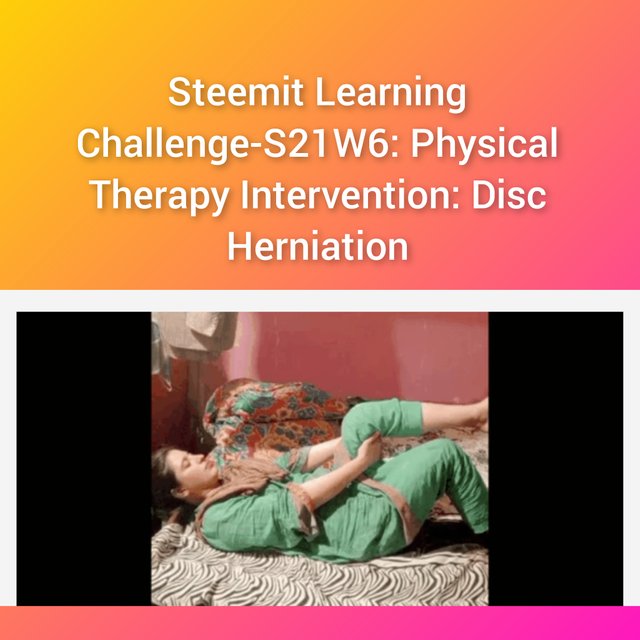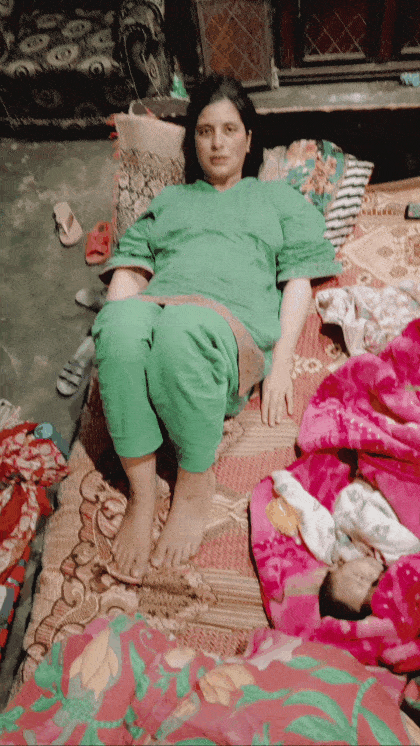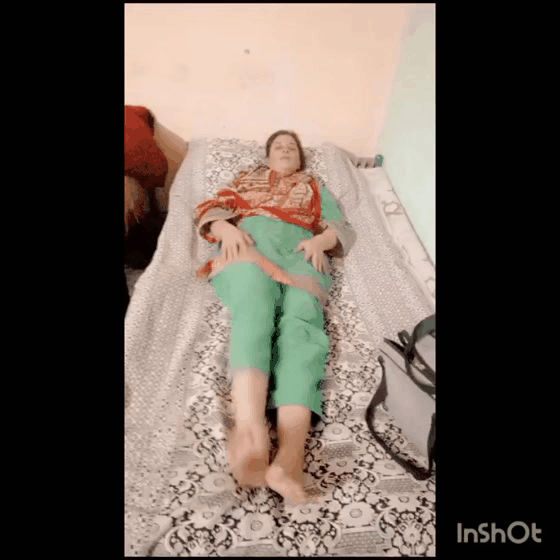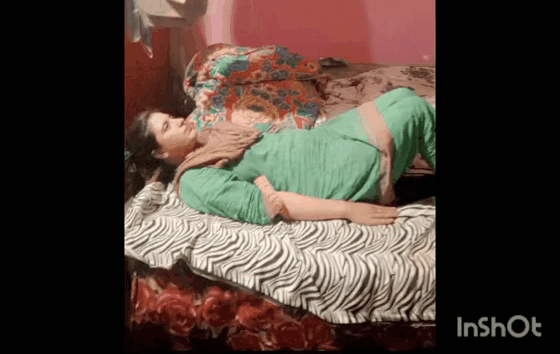Steemit Learning Challenge-S21W6: Physical Therapy Intervention: Disc Herniation
Hello friends today I am here to participate in another interesting challenge Steemit Learning Challenge-S21W6: Physical Therapy Intervention: Disc Herniation.

A situation which occured when nuclous pulposus is displacement from the intervertebral space, more frequently occured in spine region referring as herniated disc. It leads to painful condition in back.
It's not line mechanical pain it has burning and stinging condition and when it get severity having weakness and numbness changes. In some situations the nerve is also association of compression and it has persistent painful condition.
The types of disc herniation are as follows.
lumber disc herniation
Cervical disc herniation
Thoracic disc herniation
lumber disc herniation it mostly observed at the lower back region with associates pain , numbness and also tingling feelings.
Cervical disc herniation it common in neck region caused painful feeling numbness and tingling sensation extended towards arm and hand.
Thoracic disc herniation occured in upper back along with pain, numbness and tingling feeling moving towards abdomen and chest.
What are most common cause?
Most common cars of hard disc harinations are as follow it most commonly occur due to age related factors.
Sudden injury from our any accidental situation, trauma may also become the reason of disc discarination.
The heavy weight lifting may also become reason of disc herniation.
Genetic issues may also associated for dis herniated in few people.
The common symptoms are as follows.
The pain in back, or numbness, moreover weakness in case of severity. Tingling sensation especially at the extremities is common.
Diagnosis
The disc herniation can be done as follows.
How to do clinical evaluation
Medical historyis the taken another any feeling of a numbness, pain tingling feeling may be assessed.
Physical examination is also useful to check whether the muscle strength and sensation is working properly or not.
Neurological examination is also done in which it is checked there is coordination and balance of neurone or not.
Diagnosis through the Imaging Studies
The alignment of spine or any defect or any degeneration can be assessed with the help of X-rays.
The computer tomography or CT me also useful to detect any changes in disc.
MRI is also useful diagnosis to check either the spine or disc showing any changes.
The discography useful to check the integrity in the spine or disc.
Few more special test are as follows.
Electromyography (EMG
Nerve Conduction Studies (NCS)
Sensory Evoked Potentials (SEP)
Few physio therapy tests are as follows.
Lumber disc herniation test in this case few tests are performed straight leg raise, kernig's test, lasigues's test and femoral nerve tests are commonly used to check disc herniation in lumber region.
Cervical disc herniation test spurling's test, cervical extension test and shoulder abduction tests are used to assess the cervical disc herniation.
Thoracic disc herniation for this purpose thoracic spine extension test is used. In order to check the patient has to lay dow on the stomach while the physiotherapists try to raised the thoracic and head spine towards the ceiling. If there is feeling of pain or numbness it indicates the thoracic disc herniation.
Hip Bridging Exercise this exercise is used to strengthen the back muscles.

William flexion
Useful for back and thigh muscle improve stretching.

Sciatic nerve glide useful to relive pain of sciatic.

Well I found these exercises very effective and thank you @ashkhan for giving this opportunity to learn something new and effective and I will apply on myself whenever I wanted to strengthen my muscles and stretch of the particular areas.
It's all about my today post. @jannat12, @m-fdo and @iqrarana786 please take part in the challenge.
You've got a free upvote from witness fuli.
Peace & Love!
Thank you for presenting such an educational and useful post on disc herniation. Appreciate your efforts. Good luck for the contest.
Thank you for understanding the lesson and sharing your assignment; I hope that you will enjoy this week's lesson and try to implement it in your life if you see any such case.
Observations
Task 1 (3/3)
You have shared a great knowledge about disc herniation, its symptoms, and and causes, and its types. I appreciate your effort.
Task 2 (2.8/3)
In the second question, you tell us about how you have to assess a patient by doing physical examination and history taking, performing investigations and special tests. It would be better if you add explanation of special test of thoracic and lumbar region to assess the disc herniation. Great.
Task 3 (4/4)
You try the hip bridging, William Flexion and sciatic nerve glides exercises . You did the hip bridging, William Flexion and sciatic nerve glides correctly. Try to make video from the wide angle for better understanding. Always remember to apply heat pack before performing exercises to relax the muscles and reduce stiffness. I appreciate your efforts.
Overall you made a great attempt to answer all the questions. I appreciate your efforts. But next time try to avoid the above written suggestions. Keep learning and try to implement your knowledge to the people suffering from disc herniation or any type of back pain. Thank you.
Thank you so much for kind review